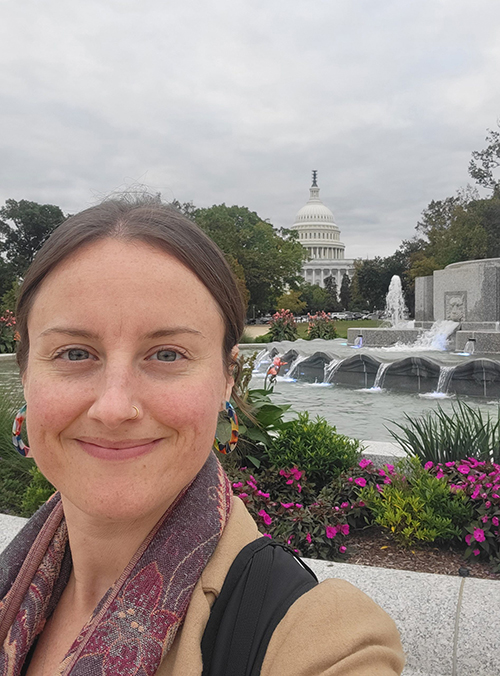
Four-part virtual learning series: Sept. 4, Oct. 9, Nov. 7, and Dec. 9 from 2-3:15 p.m.
Pricing:
Social Current Impact Partners can contact us for the free registration code. Learn more about Impact Partnerships online.
As workforce challenges continue to affect human services organizations, leaders are searching for concrete action steps to support staff who are emotionally and physically exhausted. Though staff often enter the field excited to make a difference, it can be difficult to keep them connected to the vision and mission of the organization.
This four-part webinar series will delve into core strategies and tactics for supporting staff, such as increasing accountability, managing conflict, nurturing relationships, embracing equity, and achieving excellence.
Sept. 4, 2024, 2-3:15 p.m. ET
The human services field has made strides in raising awareness around the urgency of building healthy brains in new babies and young children. However, the field has been slow to translate emerging brain science into learnings and practices with adults and our workforce.
To be well at work, especially in complex and stressful settings, we need to understand basic brain concepts and embrace practices and behaviors that support optimal brain functioning. Stress, distress, and trauma interrupt our ability to access our “thinking brain” and, without intervention, keep us in our survival or lower brain, where we struggle to think, problem solve, focus, or manage conflict.
The first session in this series, focuses on the importance of embracing brain science awareness in our work settings. We explore the neurobiology of stress, distress and trauma, the arousal continuum, and strategies for practicing daily regulation activities at work and building a brain friendly culture that leads to resilience and success.
Oct. 9, 2024, 2-3:15 p.m. ET
Direct service staff face pressure from many different people and are often afraid of making a mistake that might harm those they serve, negatively impact others’ perception of them, or disappoint their supervisors or colleagues.
To alleviate this worry and ensure our staff can speak and act freely, it is critical to prioritize psychological safety. Popularized by Amy Edmondson, psychological safety is the belief that the work environment is safe for interpersonal risk taking and employees can speak candidly without the fear of retribution. It leads to authentic conversations critical to building equity, diversity, and inclusion practices; problem solving; innovation; connection; trust; and growth.
The second session in this series explores courage and vulnerability in the workplace and the critical skills involved in building a psychologically safe staff culture. It will discuss strategies for leaders to respond to staff challenges by modeling authenticity, accountability, and compassion, all which promote safe risk taking at work and strengthen our resilience.
Nov. 7, 2024, 2-3:15 p.m. ET
You’ve heard the adage, “Culture eats strategy for breakfast.” It’s true. If our organizational culture is unhealthy, we will struggle to get our work done. So, we must intentionally build a positive staff culture that reflects our organization’s stated values and beliefs, and aligns with our strategy.
The third session in this series explores the ingredients of a positive staff culture, and the steps needed to achieve it. Learn strategies for bringing our organizational values into daily interactions, achieving clear and realistic boundaries and expectations, and aligning our culture and strategy to build resilience and success.
Dec. 9, 2024, 2-3:15 p.m. ET
Research from O.C. Tanner Institute notes that, now more than ever, employees are looking for a sense of community at work. People are social animals—we crave a sense of belonging, and to be seen, heard, and valued. An organization is 12 times more likely to thrive when employees feel connected. In essence, a strong work community holds an organization together, especially during challenging times. Our brains are hardwired for connection. When we build healthy connections with people at work, we are more equipped to tolerate uncomfortable feelings, actively listen, demonstrate empathy, have difficult conversations, and thrive while facing complex work tasks and constant change.
The final session in this series, explores the components of healthy connections in the work setting, and strategies for intentionally integrating connection and community across the range of experiences of our employees.
Individuals who are champions for strengthening the workforce culture, regardless of their title, will also benefit. This guidance is relevant for all workforces across the human services ecosystem, including at the community, systems, government, and policy levels.

Senior Director, Change in Mind Institute
Social Current

Director, Practice Excellence
Social Current